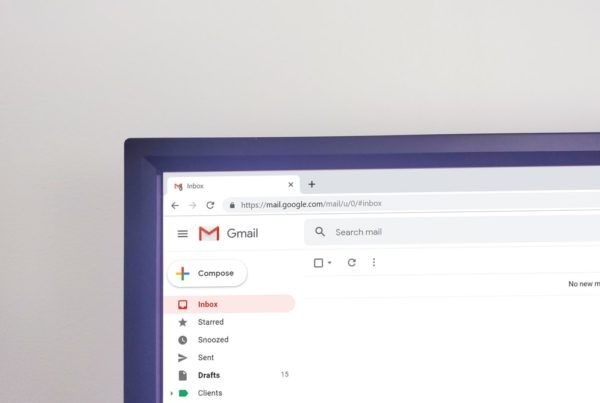
It’s Christmas season again, a season to be jolly and a season of giving! Every employer is probably on a quest to appreciate employees for a job well done all year round, and also to provide incentives to help secure great performances from them in advance, for the coming year.
Christmas Celebrations: Avoiding Fringe Benefits Tax
It is, however, important to note that while it is necessary to celebrate the employees, care must also be taken so as not to incur overly high expenditures on the company via fringe benefits tax (FBT). Fringe benefits, being a medium used by employers to maintain employees in the companies, are the most logical ways to celebrate the employees this season. Fringe benefits may come in various modes, it could be as a party at the last day at work, such parties could involve associates of the employees, and it could also come as packs of gifts given out to each of the employees.
However, being fully aware that there is no special allocation for Christmas fringe benefits for employees, it is important to know the right things to do in a bid to avoid incurring taxes on the company before the new year even begins at all. That’s what this article is all about.
Now, let’s go for a deeper dive.
In discussing fringe benefits tax, there are such things called ‘exempt benefits’. Exempt benefits are available in certain situations to prevent taxes. One of such exempt benefits is the minor benefits.
A minor benefit is said to be standing in cases where the individual cost of a fringe benefit to an employee is less than $300. It is also likewise standing in similar cases of an associate of the employee.
For instance, Mr. A has a company consisting three employees, he takes them out on the last day at work for a dinner to celebrate the holidays, and they each spend a sum of $200. In this scenario, there would not be an increment of fringe benefits tax as not up to $300 was spent individually.
Another type of exempt benefits is the exempt property benefit.
The exempt property benefit is said to be standing provided all types of celebrations was done within the company’s premises and also within the company’s working hours.
Therefore, Mr. Y (in an attempt to celebrate the holidays for his employees), throws a Christmas party for his employees in the office before the close of the day, associates of employees were also invited provided that they would meet the party during the working hours. The employees spent a sum of $400 individually while their associates spent a total of $250 individually. However, one of the associates, a friend to employee B, went a little overboard and spent a total of $350.
In this case, there would be no fringe benefits tax implication for the employees of Mr. Y. There would also be no fringe benefits tax for the associates of his employees. However, there would be fringe benefits tax for Employee B’s friend since he spent beyond the minor benefit exempt of $300.
Conclusion
Yes, fringe benefit taxes exist, but every employer ought to not deprive his employee a chance of celebrating at work this festive season. This is why employers should know the extent to which they can celebrate their employees without breaking a bank. It’s the season for us to be jolly!






